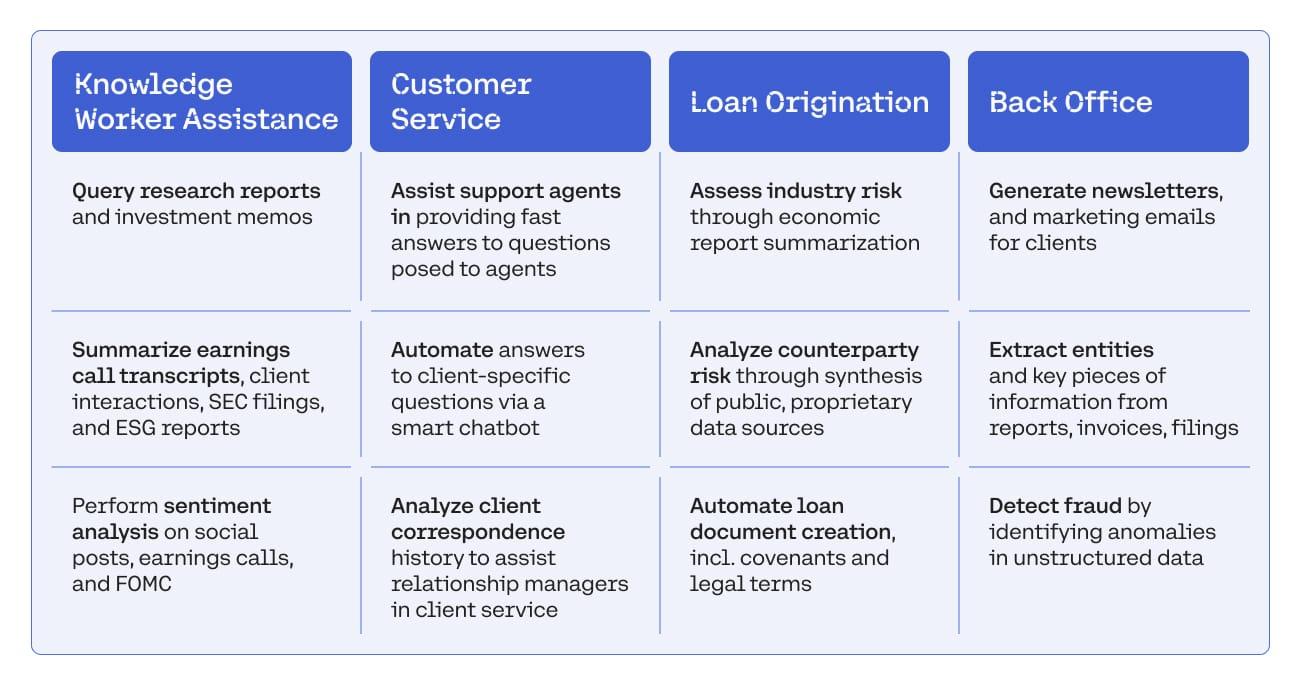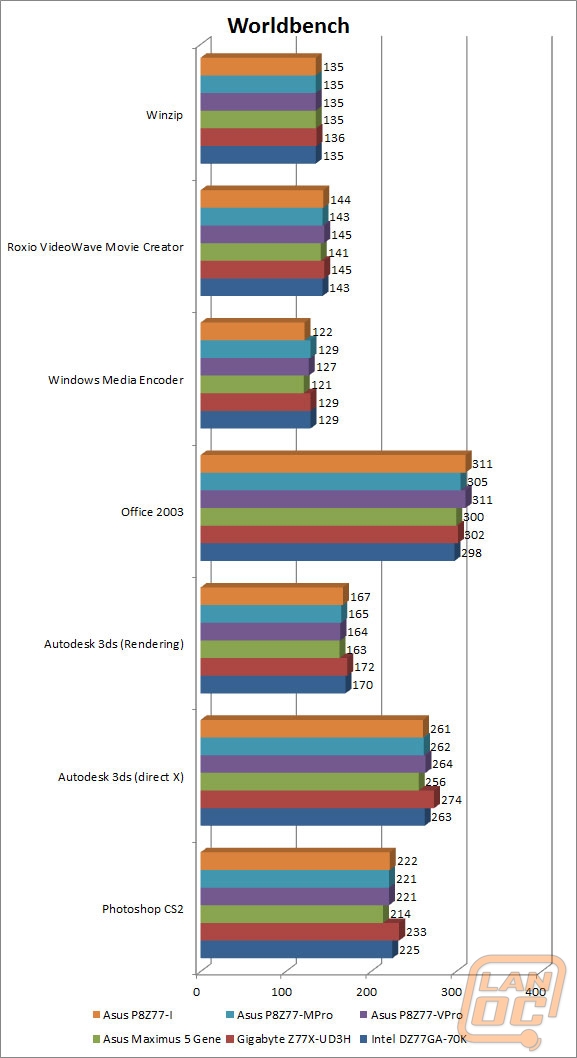
AI Unveiled: The Rise of Large Language Models in China
The 2024 World Artificial Intelligence Conference (WAIC) in Shanghai has come to a close, leaving behind a trail of excitement and innovation in the field of artificial intelligence. This year’s conference saw a significant increase in the number of large language models (LLMs) on display, with nearly 100 models showcased by various firms. This marks a substantial jump from last year’s 30 models, highlighting the rapid growth of the AI industry in China.
 The 2024 World Artificial Intelligence Conference in Shanghai
The 2024 World Artificial Intelligence Conference in Shanghai
The WAIC attracted a wide range of participants, from tech giants like Alibaba, Huawei, and Baidu to startups like Zhipu AI and Minimax. Over 500 firms showcased more than 1,500 AI products, with LLMs being a major focus area. The conference also saw a record number of visitors, with over 300,000 people attending the event and online visitors exceeding one billion.
“AI is hot this year, and this is the most popular WAIC I’ve ever participated in,” said Xie Jian, co-founder of LLM firm Baichuan AI.
One of the notable trends at the conference was the increasing focus on tailored solutions for specific industries. For instance, Cloopen Group Holding, a Beijing-based provider of financial marketing services, has started offering LLM solutions for leading joint-stock banks and insurance companies. The company’s Vice President, Kong Miao, attributed their success to their ability to accumulate a large number of financial customers and data, enabling them to develop solutions faster than their competitors.
 Cloopen Group Holding’s LLM solutions for financial institutions
Cloopen Group Holding’s LLM solutions for financial institutions
Another area of interest was the development of multimodal LLMs, which can be used in various scenarios such as urban governance, electricity, and transportation. Metabrain’s Awaker, a multimodal LLM, is already being used in some cities, allegedly fitting the complex requirements of real-life situations better than models made by rivals.
“Each industry has its distinctive features, so models developed by large manufacturers cannot deal with all of the segments. This is where specialized service providers like Cloopen shine,” said Kong Miao.
In addition to the conference, Yicai Media Group, a financial news arm of Shanghai Media Group, released a large language model for the financial media industry. The model, called CelestWings, has been trained on over one billion tokens of financial data and expertise, and can identify and refine the core viewpoints of input content, instantly generating sentences, posters, and headlines that can be shared on multiple channels.
 Yicai Media Group’s CelestWings LLM for financial media
Yicai Media Group’s CelestWings LLM for financial media
The rapid development of LLMs has also raised concerns about their potential biases and inaccuracies. Researchers from the University of Maryland and Michigan State University have proposed a robust benchmark called WorldBench to investigate potential geographic disparities in LLM factual recall capabilities. The study reveals significant geographic disparities in LLM factual recall across different regions and income groups, highlighting the need for more diverse and inclusive training data.
 WorldBench, a robust benchmark for quantifying geographic disparities in LLM factual recall
WorldBench, a robust benchmark for quantifying geographic disparities in LLM factual recall
As the AI industry continues to evolve, it is essential to address these concerns and ensure that LLMs are developed and used in a responsible and fair manner. The WAIC has provided a platform for innovators and researchers to come together and share their ideas, and it is hoped that this will lead to more inclusive and accurate AI models in the future.
“New technologies can either destroy an industry or create a new one. The rapid changes in AI technologies are exciting news for the media industry.” - Yang Yudong, Editor-in-Chief of Yicai














